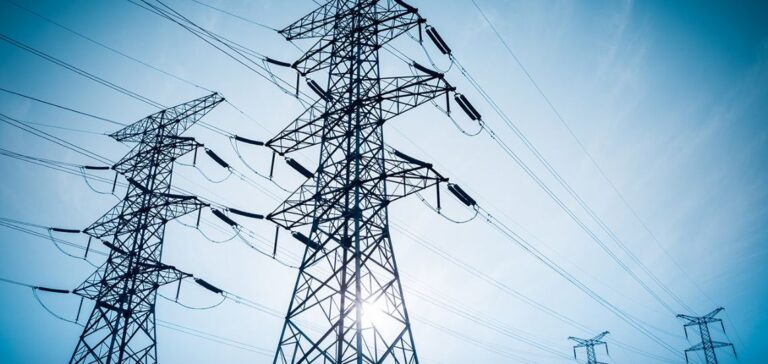The increasing electrification of European economies, combined with the rise of renewable energy, is reshaping the parameters of energy security across the continent. Interdependencies between states, the intermittency of power generation, and pressure on existing infrastructure call for a strengthened approach to grid management. A study commissioned by Eurelectric and conducted by Compass Lexecon outlines three strategic measures to stabilize the electricity system and mitigate supply risks.
Rethinking Power Grid Planning
Europe’s grid planning model remains fragmented along national lines, despite the growing integration of the electricity market. The study underscores the need for more forward-looking planning, incorporating several key aspects:
– Accelerating the development of interconnections to reduce market fragmentation and ensure a better distribution of generation capacity.
– Factoring geopolitical threats into infrastructure planning, in response to recent attacks on submarine cables and gas pipelines.
– Adapting to climate risks, as the increasing frequency of storms and extreme weather events heightens the vulnerability of power networks.
The study points to structural delays in implementing infrastructure projects, hampered by complex regulatory procedures and lengthy approval timelines. Expedited permitting processes are seen as essential to anticipate future grid needs.
Strengthening Grid Flexibility and Resilience
The growing share of renewable energy is altering power system dynamics by increasing production variability. According to Compass Lexecon, 175 gigawatts (GW) of new flexible capacity will be needed by 2030 to stabilize the grid.
The main solutions identified include:
– Stationary energy storage, through long-duration batteries and pumped-storage hydropower, to compensate for the intermittency of solar and wind energy.
– Demand-side response (DSR), enabling consumption adjustments based on supply conditions to prevent grid stress during peak demand periods.
– Enhanced coordination of European interconnections, optimizing resource distribution and reducing reliance on fossil-fuel-based peaking plants.
The study highlights the need to reform capacity remuneration mechanisms to make these solutions economically viable and accelerate their deployment.
Adapting Electricity Markets to New Realities
The current European electricity market model is based on marginal pricing, where prices reflect the costs of the most expensive power plants dispatched at any given time. While this system was designed for a generation mix dominated by thermal power plants, it is proving less suitable for an energy landscape increasingly driven by renewables with high fixed costs but low marginal costs.
The study suggests several adjustments to improve market efficiency:
– More transparent price signals to better reflect grid constraints and avoid distortions caused by periods of renewable energy overproduction.
– Stronger incentives for flexibility, through mechanisms ensuring adequate remuneration for storage capacity and demand-side management.
– Greater regulatory stability, essential for securing long-term infrastructure investments and preventing unpredictable shifts in policy frameworks.
Recent price fluctuations in wholesale electricity markets, exacerbated by the gas crisis, illustrate the need for structural reforms to absorb external shocks and ensure the sustainability of Europe’s energy transition.
Grid Security Hinges on Targeted Investments
The study underscores that securing Europe’s electricity grid will require a robust policy framework to guarantee the profitability of critical infrastructure investments. While national recovery plans and EU initiatives such as REPowerEU allocate funding for the sector, the report emphasizes the importance of a more proactive state approach to align energy transition objectives with supply security.
The decisions made in the coming years will shape Europe’s ability to maintain a stable electricity supply in an environment increasingly defined by geopolitical and climate uncertainties.






















